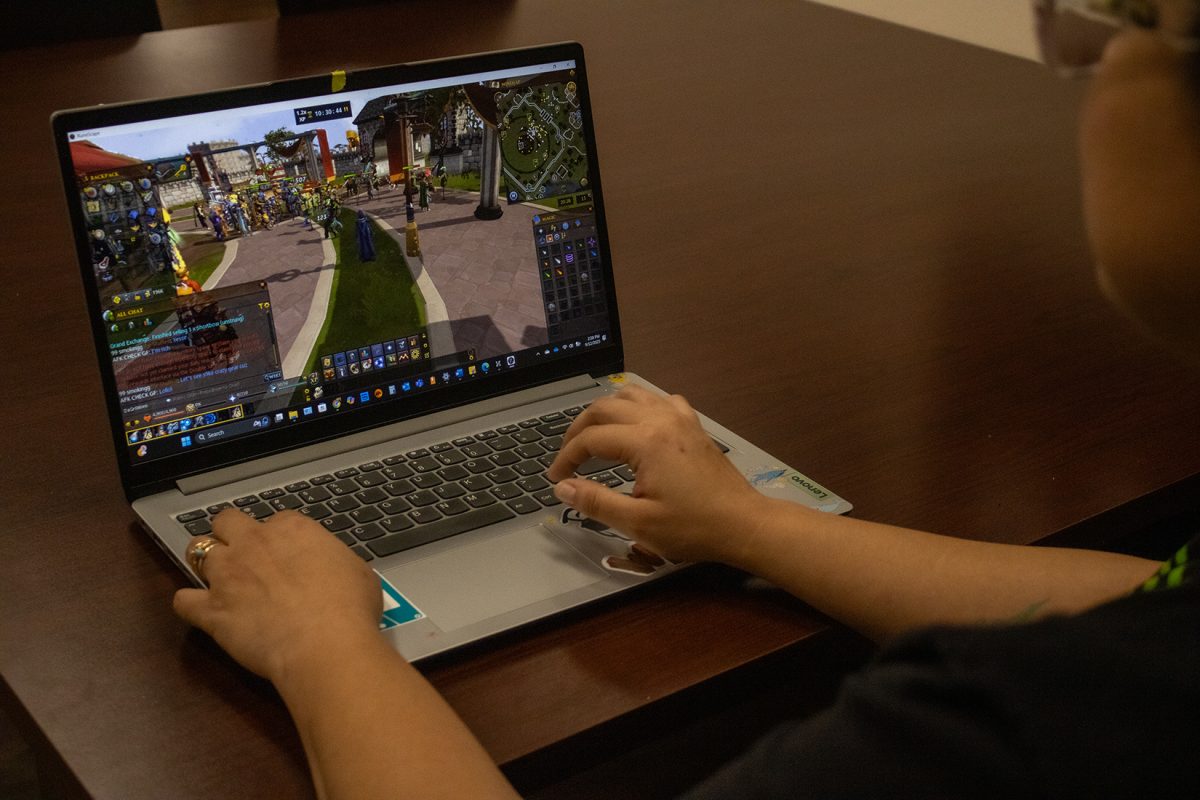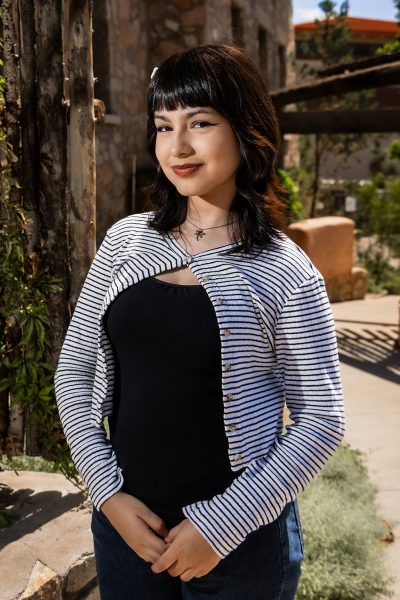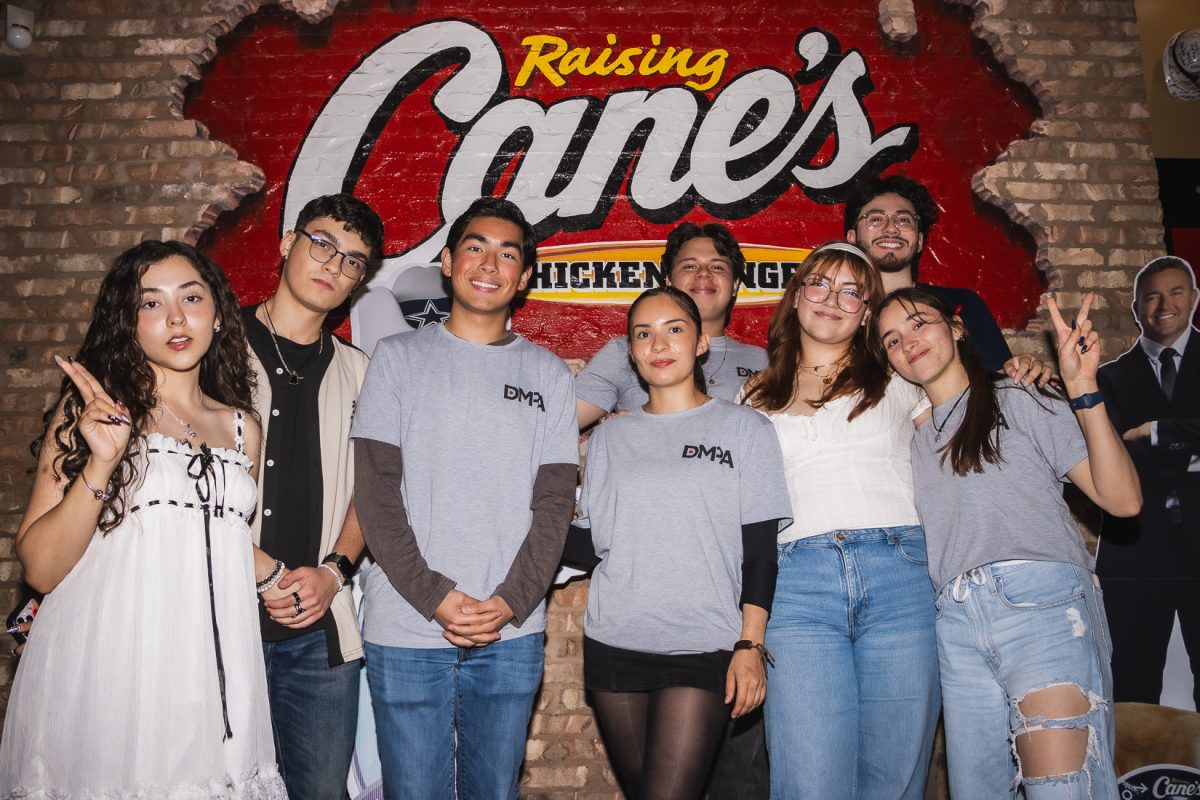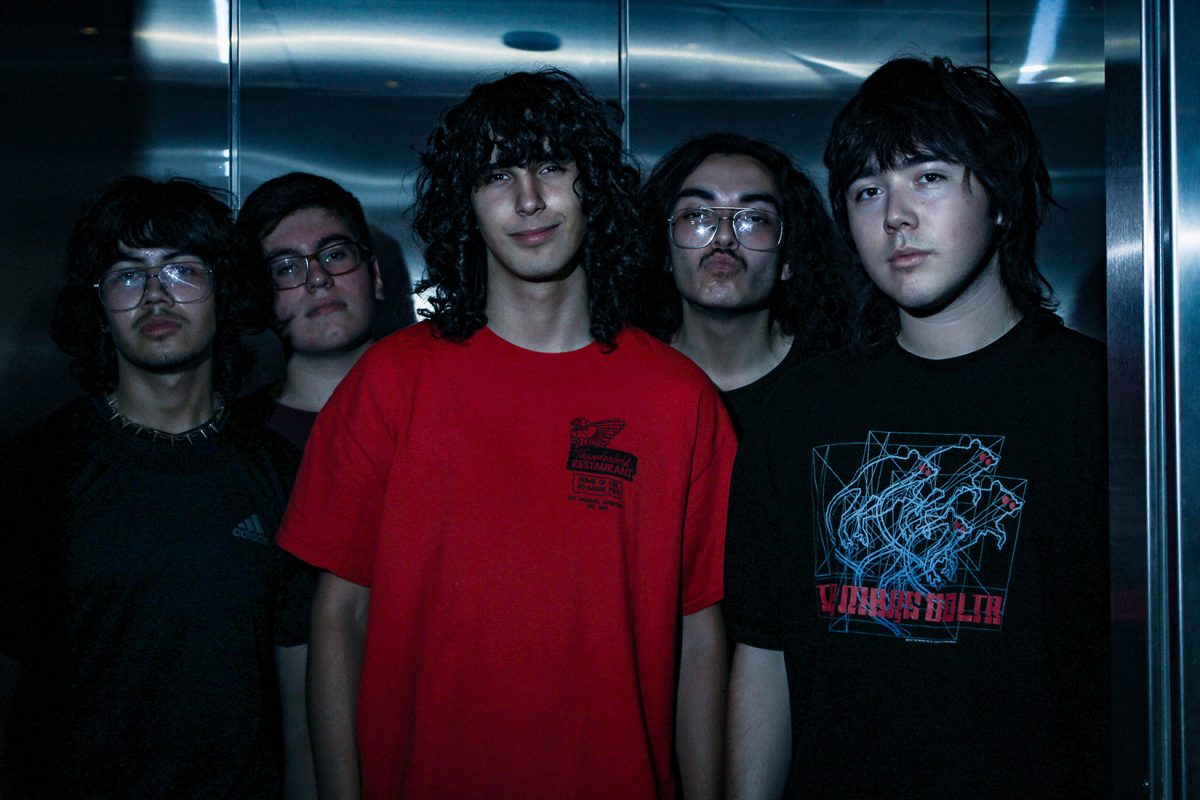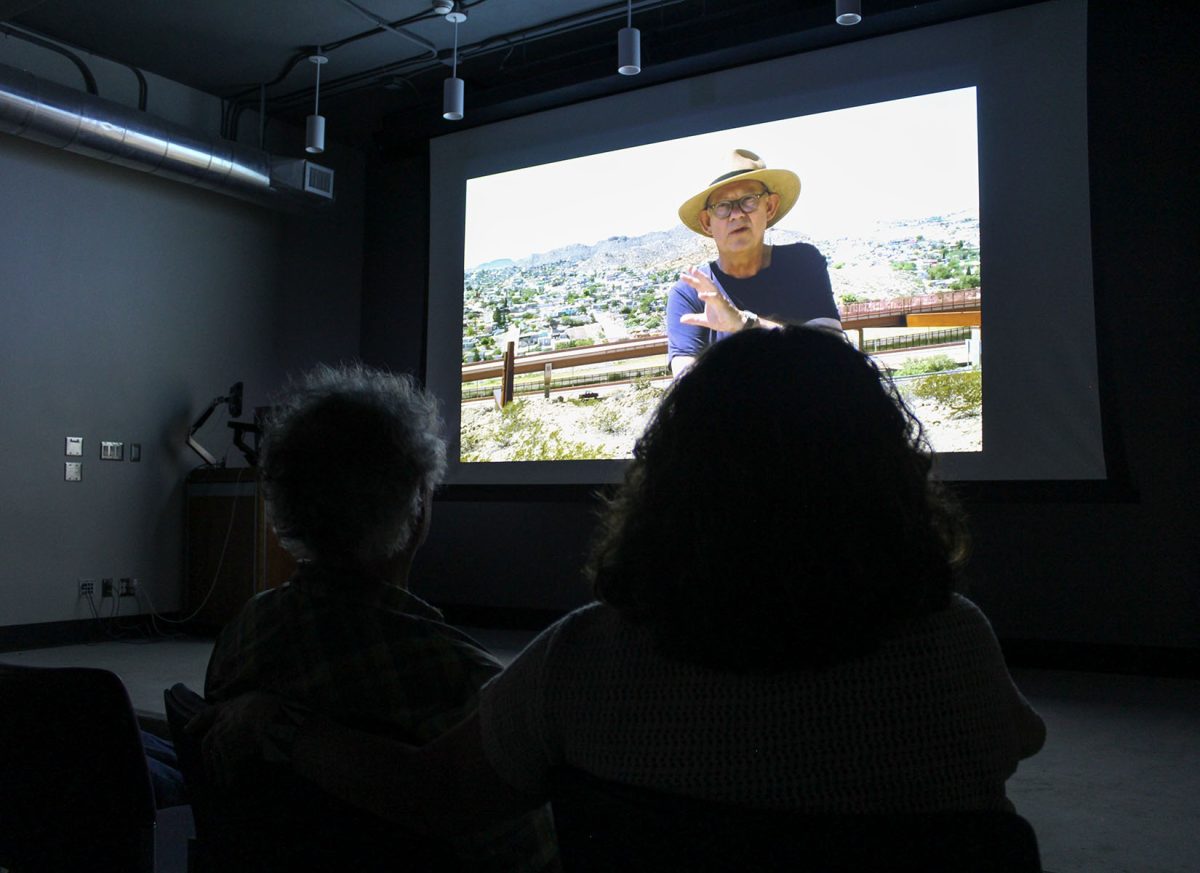With the rise of digital technology, video games have become more than just entertainment, they’re transforming language itself. Gaming slang and expressions are evolving rapidly, creating new ways for players to communicate, connect and express themselves, bridging the digital world with the real world.
According to Adam Aleksic (theetymologistnerd on TikTok), Generation Z is infusing its own linguistic imprint by creating an emerging new etymological category centered around video games — an inevitable result of their marksmanship in language that draws on a shared knowledge of gaming and its overwhelming presence within the world.
With the increase of streaming services dedicated to gameplay like Twitch and social platforms like Discord that further nurture the gaming community, new linguistic habits are rapidly emerging. These platforms aren’t just changing how we play, they’re changing how we say. From slang to syntax, a new game of language is loading.
Katrina Diaz, a psychology student at El Paso Community College (EPCC), grew up gaming on early consoles like Nintendo and Sega, an era prior to the rise of a widespread gamer language, when the language of play was scattered utterances exchanged among close friends or family.
”I remember games before we had lingo. I feel like the lingo came from the internet,” Diaz said. “It was an internet phenomenon because before that, it was kind of just like playing ‘Smash Brothers’ with cousins.”
For Diaz, one of the earliest moments when video games emerged as a linguistic phenomenon—something more than just isolated chatter—came through her involvement in the “World of Warcraft” fandom.
She recalls watching a now-iconic video where a group of players is strategizing before a raid, only to have one member charge in shouting “Leeeroy Jenkins!” What began as a chaotic moment in an online game got inducted into her vocabulary.
With the rise of streaming platforms, gaming language has become highly contagious, influencing everyday speech. Streamers facilitate the spread of this cultural phenomenon, creating a vibrant community of insiders whose shared language ‘infects’ thousands, creating a network of inside jokes that enables them to communicate and understand each other.
“DougDoug shows his chat, so you see a lot of the interactions that they have, especially within their communities because they’re watching that one guy and they have inside jokes,” Diaz said.
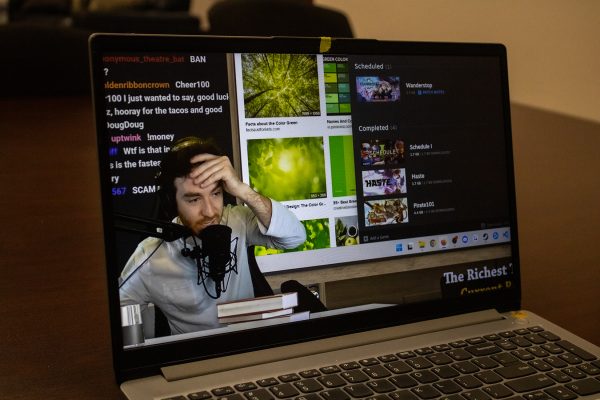
Ryce Porras, 28, grew up immersed in video games, his earliest memories tied to the Super Nintendo Entertainment System (SNES). With gaming systems constantly around him, his initiation into gamer language felt inevitable. It was in high school that the language of video games not only surrounded him but capsized him when it became a way of bonding with friends.
”Most of my friends, were friends I made online in a game and adapted their euphemisms, for instance ‘GGWP’ (good game well played) or ‘GLHF’ (good luck have fun),” Porras said. “Or when a buddy dies in a game like ‘Halo’ for instance they would say ‘RIP’ (rest in peace).”
The mechanisms of gaming language function uniquely, with one study, “Gaming Language as a Language Variations in Digital Humanities” revealing that players employ slang terms to express emotional states and communicate tactical information.
Words like “GG” (good game), “NPC” (non-playable character), “nerfed” (something being ruined) have infiltrated the common language and become popularized mediums of effective communication and a streamline into a culture popularized and sustained by gaming content creators.
These gaming utterances are subconscious for Porras, revealing how easily gaming language integrates into daily life. This seamless adoption reflects not only the culture behind the words but also the strong social bonds they help build within the community.
”I do think it’s subconscious, it’s just a part of my everyday vernacular now. I think that it’s just easier to paraphrase or say acronyms especially in this day and age to sum up what you mean,” Porras said, “Streamers like Jynzxi or Caseoh have influenced many people to start using their habits and I have found myself imitating and using their language as well.”
Language is a finicky, ever-evolving tool, and with the rise of digital technology, video games have become powerful catalysts, mutating language and opening new avenues for expression.
Jazmine Gracia is writing contributor for The Prospector at UTEP and can be reached [email protected]

